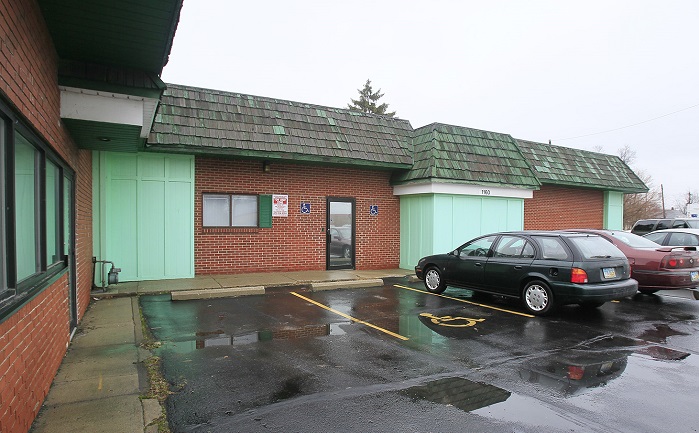A Toledo, Ohio abortion facility can start aborting unborn babies again after the state issued it a new license on Wednesday.
Earlier this spring, the state revoked Capital Care Network of Toledo’s license after it was caught violating a requirement that ambulatory surgical facilities have a written transfer agreement with a hospital for patient emergencies.
However, the Toledo abortion facility obtained a new transfer agreement with ProMedica’s Toledo Hospital and applied for a new license.
The Blade reports the Ohio Department of Health issued a new ambulatory surgical facility license to the abortion facility Wednesday after finding it to be in compliance with the law.
Michael Gonidakis, president of Ohio Right to Life, said he is concerned about the state’s decision, given the abortion facility’s “blatant disregard” of health regulations.
“It’s unfortunate that the health department believes that a clinic who has violated Ohio’s health laws for numerous years deserves to be licensed and remain open,” Gonidakis said. “Capital Care was fined $40,000 due to their own blatant disregard of Ohio’s health and safety standards.
“The health department has set a dangerous precedent that we fear will continue to put women and their children in harm’s way,” he continued.
In contrast, Jennifer Branch, an attorney representing the abortion facility, celebrated their “victory” and thanked ProMedica for helping them regain their license.
“If it weren’t for ProMedica, Capital Care would not have a license today,” Branch told the local news.
Branch told the local news that they plan to start doing surgical abortions as soon as possible. The abortion business was allowed to provide abortion drugs without the license.
Kellie Copeland of the radical pro-abortion group NARAL Ohio even ironically claimed the re-opening will “save lives,” Cleveland.com reports.
Quite the opposite, the abortion facility makes money killing unborn babies up to 15 weeks and six days of pregnancy. It charges $750 plus additional fees for a 15-week abortion.
Capital Care Network has a shoddy reputation for protecting women’s health as well.
PRO-LIFE COLLEGE STUDENT? LifeNews is looking for interns interested in writing, social media, or video creation. Contact us today.
In one case, state health inspectors discovered that after one woman had an abortion, the doctor believed that he might have perforated the woman’s bowel. According to state records, Capital Care Network did not follow its own medical emergencies procedure, in which it should have called 911. Instead, it sent the patient out the back door and into an employee’s personal car, according to the report. They dropped her off at the hospital, and then came right back, not ensuring that the woman was treated promptly, the report states.
According to a letter from ODH Director Lance Himes and an attached inspection report, on April 11, 2017, ODH representatives inspected the Capital Care in response to a complaint.
Those inspectors reviewed the chart for “Patient 1” and interviewed staff members, including “Staff A,” a “patient advocate” who drove Patient A and her “significant other” to the Toledo Hospital emergency room in her private vehicle and dropped them off before returning to work.
The inspection report indicated that Patient 1 was 11.5 weeks pregnant when she went to the Capital Care Network for a suction abortion using a plastic vacuum tip. An ultrasound revealed possible retained tissue, but after an inspection of the aborted baby remains, staff reported that they found “placenta with complete fetal parts.” The unnamed abortionist noted in Patient 1’s chart, “possible perforation of bowel in cavity,” then ordered that she be “transferred to the hospital for an ultrasound.”
In order for a bowel to be perforated by a plastic vacuum tip during an abortion, it would require the uterus to be perforated first. The combined uterine and bowel perforations are life-threatening injuries.
The inspection report noted five serious violations identified by the Ohio Department of Health:
• Failure to ensure the Medical Emergencies policy was implemented as written;
• Failure of staff to document and review the event;
• Failed to document and review all adverse events as part of its Quality Assurance program;
• Failed to ensure that the patient transported to the hospital was accompanied by her medical record;
• Failure to provide the patient with discharge instructions upon leaving the facility.








